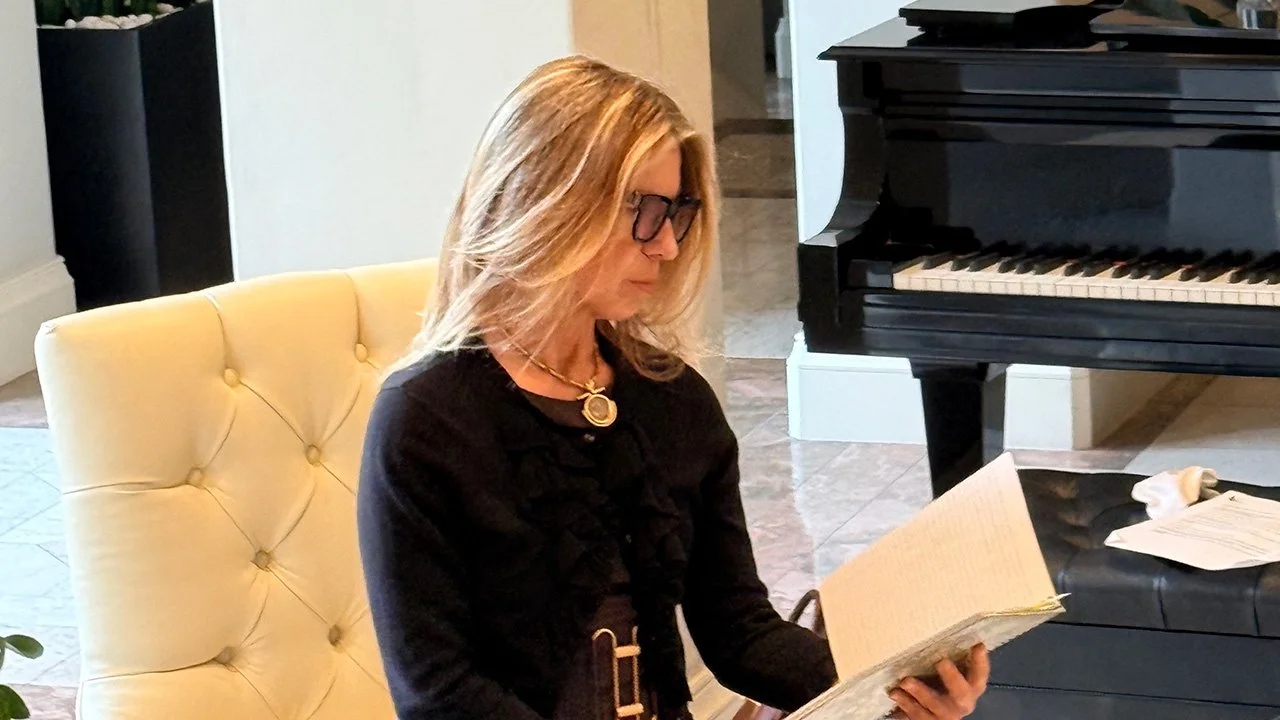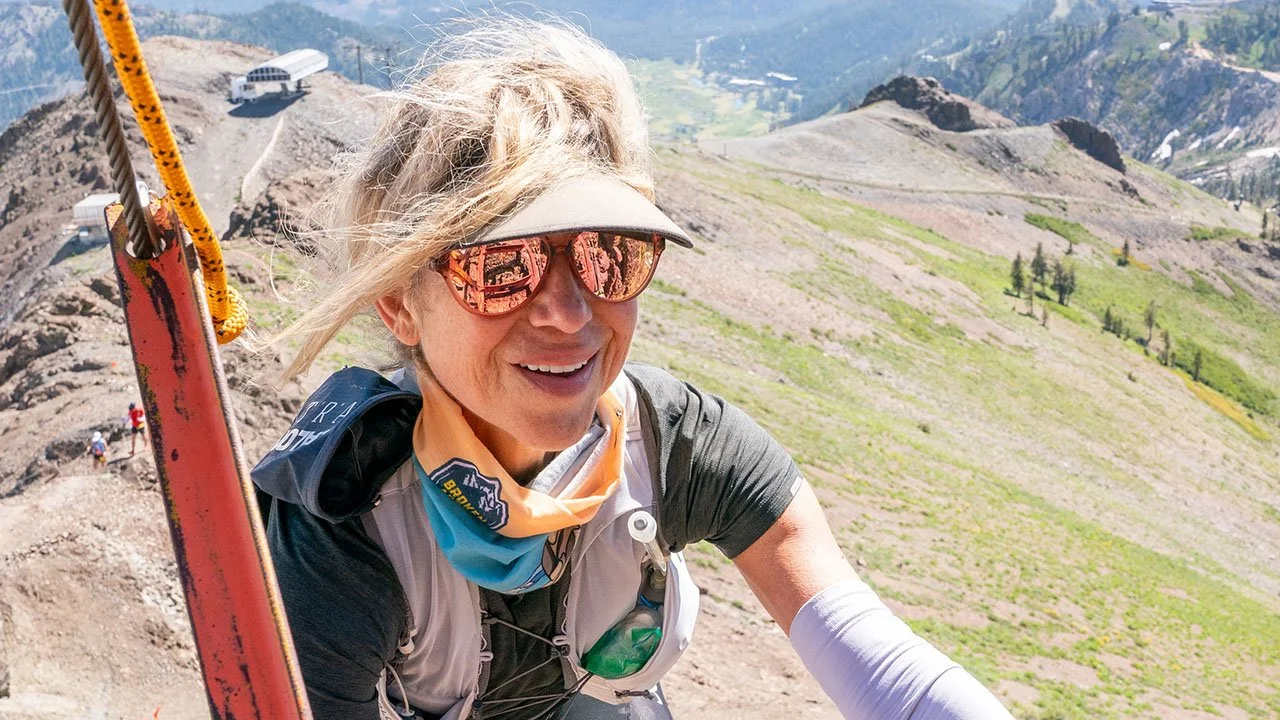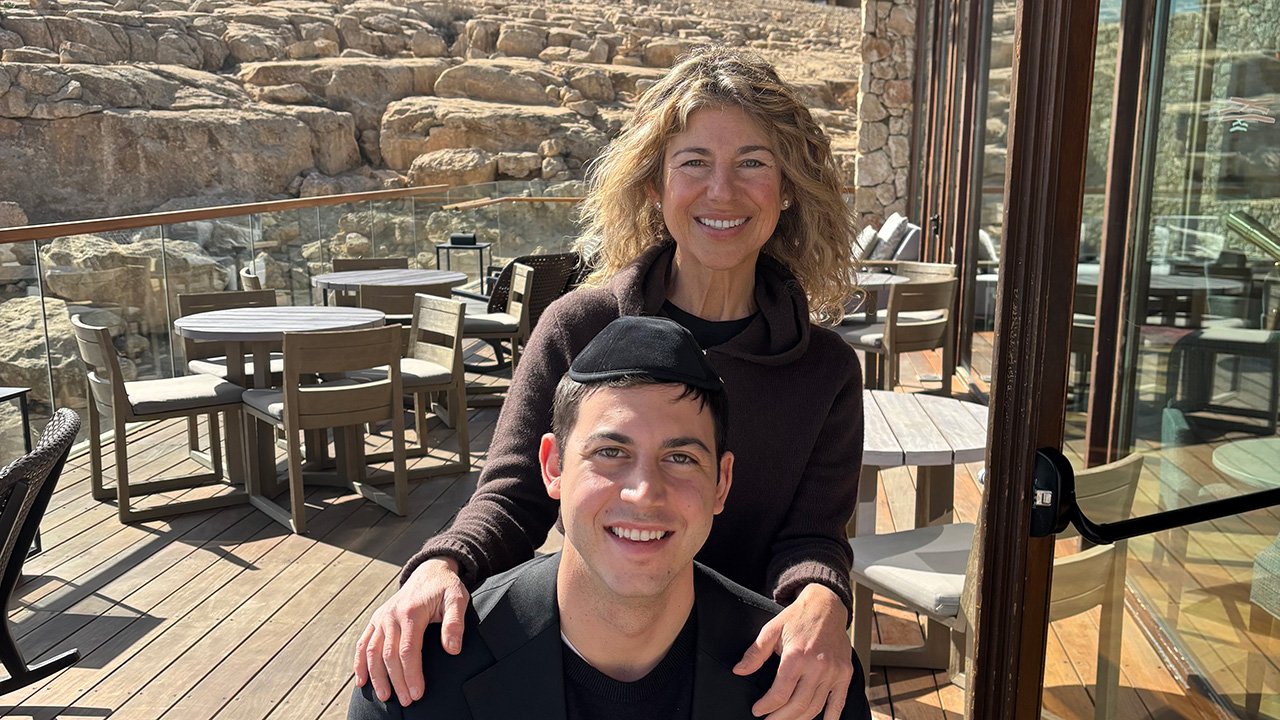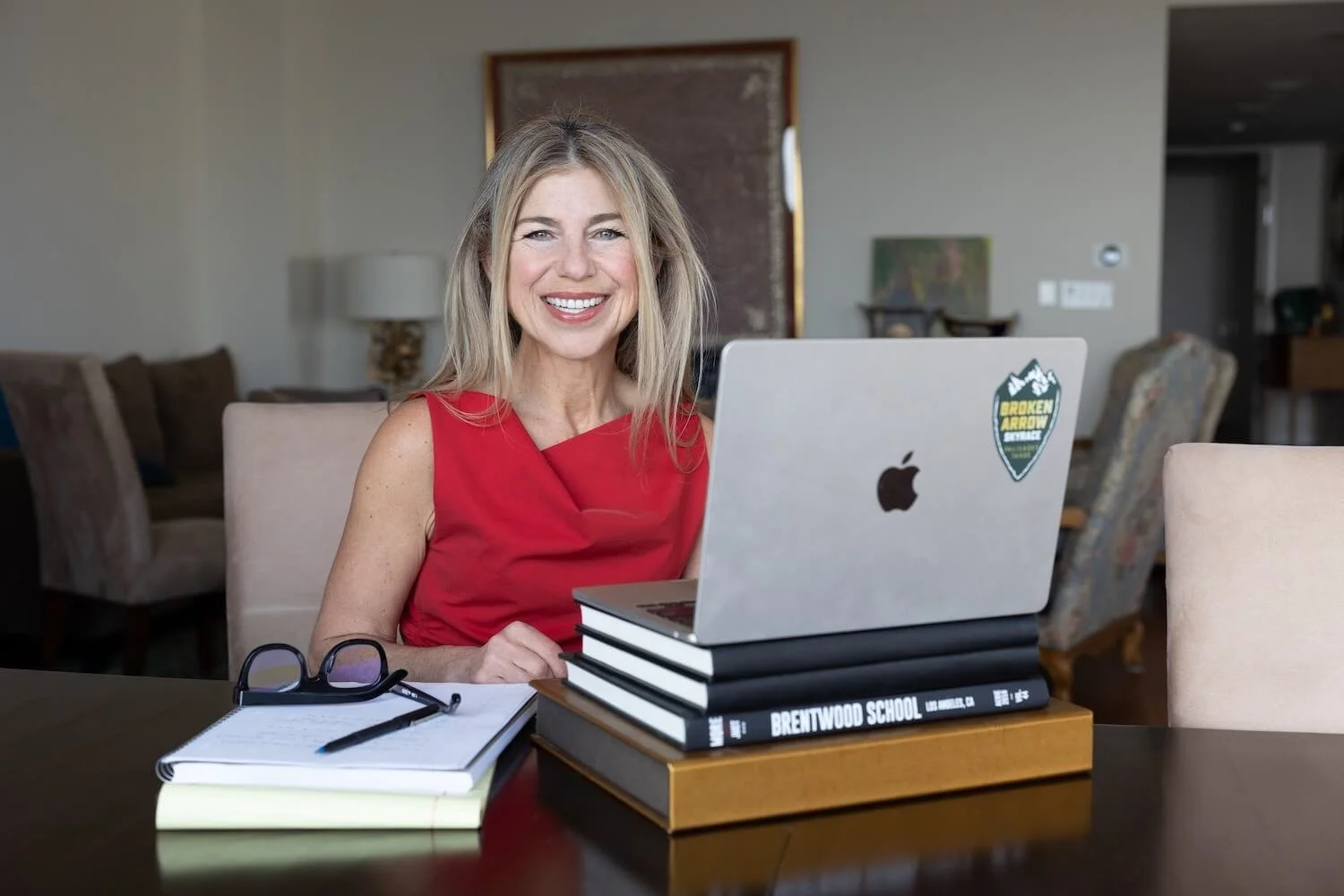The Superpower of Not Doing It Now
For most of my adult life, I’ve worshipped at the altar of Optimization.
My motto has always been “Faster and Better”—the central question of my everyday life being, “How can I optimize this moment and activity to get to my goal faster and better?”
This shouldn’t come as a surprise to you, dear reader (or listener). If you’re following my work, you’re likely a growth-minded, perpetual learner—someone with an innate sense of human mortality who wants to make every moment count.
I can argue that the coaching field is the child of the cult of optimization. Coaching is all about action—about shifting from desiring to creating, and from thinking to doing.
Coaching came easily to me because I had been practicing this work in my own life for decades. And if I put humility aside, I’m comfortable saying that I’ve gained mastery in the art of creating something from nothing, which is why helping others do the same feels natural to me.
Over the years, I’ve learned that transformational coaching—the kind that permanently changes lives—is only partly about cultivating our ability to take action. Equally, and sometimes even more importantly, it’s about knowing when not to act.
The poet John Keats called this ability Negative Capability—the capacity to embrace uncertainties, mysteries, and doubts without the “irritable reaching after fact and reason.”
Cultivating our Negative Capabilities expands our capacity to endure uncomfortable emotions, navigate the unexplainable behavior of others, and cope with uncertainty—without believing we must do something about it now!
I’ve come to believe that mastering this life skill is as essential—and as transformative– as being action-oriented. Often, the most effective solution to a problem is no action at all.
But in the coaching world, this is easier said than done—especially when it comes to two demographics:
1. Young adults and
2. Aspiring coaches.
Young adults struggle with making decisions and taking action. Once they begin taking steps “IRL” (in the real world) and experience the feelings of power and responsibility that come with it, they can easily assume that action is always required to achieve a desired goal.
Aspiring coaches make this assumption for a different reason. They confuse being a professional coach with being a consultant.
Consultants are problem-solvers, paid to determine the next best course of action.
But the best coaches are guides, or sometimes, midwives. We help our clients tap into their own higher wisdom and bring forth their ideas and solutions without imposing our personal judgments or agendas.
That’s why we must help our clients expand their ability to refrain from acting when necessary, and to become capable of sitting with doubt, uncertainty, and discomfort.
If you’re wondering what cultivating your Negative Capability looks like in everyday life, I’ll share a few recent examples from my own life and that of my clients here.
See if you can recognize yourself in any of these true stories.
Story One
A recurring scenario in my life involves accepting that my decision-making faculties are far from optimal after 4 p.m.—not just on some days, but every single day.
An email might arrive from a client requesting advice at 5:30 p.m. My initial and very powerful instinct is to respond immediately. I’ve come to conflate responsiveness with professionalism and care. Not responding to an email as soon as possible feels super uncomfortable to me. But I remind myself to wait until the next morning, when I can answer from my sharpest state of mind.
My default mode, not just with email but with almost every life situation, is NOW. So, staying with the discomfort of not responding immediately is a form of Negative Capability I’m intentionally cultivating.
Story Two
My client, Debby, is a writer whose default mode is that of an Action Hero. Left to her own devices, when faced with a problem in her writing, she will toil over the piece for as long as it takes until the piece is finished.
But over the years, she has learned that her best work is produced when she resists the urge to “push through.” So now, when she hits a difficult patch in her writing (or any area of life), she forces herself to leave her writing or any other problem she is facing alone, shift her attention to something completely unrelated, and then come back to the problem with an entirely fresh eye and mind. It is incredible how solutions often reveal themselves after one has distanced themselves from the situation for some time.
Debby has developed the Negative Capability of being rather than doing, which ironically has led to a more productive version of herself.
Story Three
Ilaria’s default mode is immediate verbal response. When we started working together, she was having difficulty in many of her relationships, and we soon uncovered the reason for it.
Ilaria felt compelled to respond to anything anyone said as quickly as possible. For Ilaria, the Negative Capability she needed to cultivate was silence.
Silence is one of the most challenging skills to develop because for those of us who believe we HAVE to respond to anything anyone says (and that’s many of us), silence feels like losing, giving up, or giving in.
Silence requires us to become comfortable with a feeling we may never have allowed ourselves to experience—the feeling of being with what is, and allowing something new, different, and unexpected to emerge.
This results in an understanding or even a letting go that might surprise us. Those of us who don’t practice silence regularly leave precious options on the table.
Friends, now that you understand the concept of Negative Capability, how will you apply it to your life? Is there a skill or practice of “not doing” that you would like to cultivate to change your relationships and ultimately your life?










